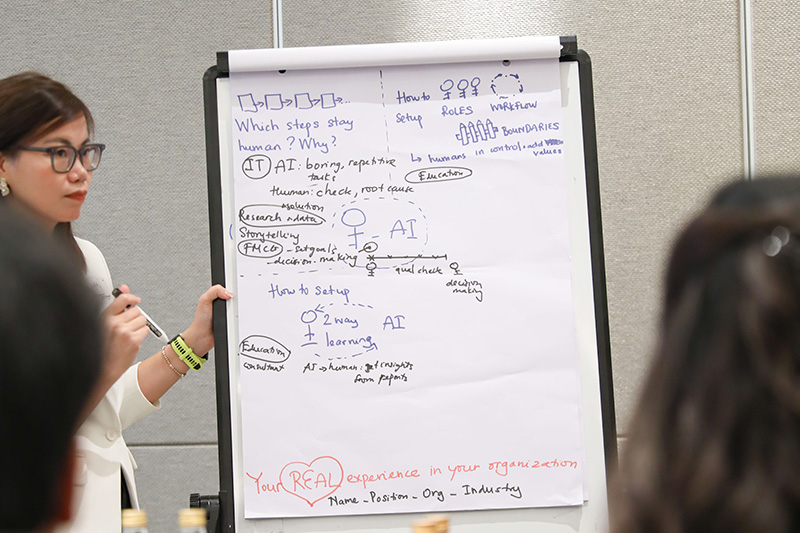Interestingly, Gen Z professionals tend to be less motivated by being managers in the traditional sense. Some choose “conscious unbossing” or intentionally stepping away from rigid leadership tracks in favour of flexible, values-aligned roles that preserve their autonomy and mental health.
“What unites them, however, is their fluency with technology, their commitment to personal and team development, and their belief that leadership is not a title, but a relationship built on trust, equity, and mutual growth,” Dr Juneja pointed out.
The entrepreneurial opportunity
With the Vietnamese government prioritising private business development, Gen Zers now have more chances to pilot ideas and build energetic, productive, and innovative organisations.
Compared to previous generations, they typically have stronger command of foreign languages and digital tools – advantages that enable them to work effectively with international partners, use technology in management, and internationalise local businesses. Gen Z managers are already seizing business opportunities in AI, digital marketing, e-commerce, and the sharing economy.
In Vietnam, the opportunity for Gen Z to step into leadership roles is particularly growing in family businesses. A VCCI survey in 2023 reported that 58 per cent of business owners of 630,000 family businesses are more than 50 years of age and 38 per cent of those business owners are seeking successors.
“Family businesses are a cornerstone of Vietnam’s economy,” said Dr Que. “Gen Z successors of family businesses face both opportunities and challenges as they explore their own leadership identity while balancing the values and expectations of their predecessors.”
Whether leading a family business or managing a team in a multinational company, Gen Z leaders must master people management skills to transform business opportunities into sustainable success. This is especially critical as Gen Z employees tend to have lower job engagement and higher turnover.
According to Dr Que, future Gen Z leaders need comprehensive training in people management to drive adaptability in a volatile and complex business environment. “From an organisational view, thoughtful work design, data-driven people analytics, employee recognition, and strong employee relations are important for future Gen Z leaders to optimise human capital for business growth,” she emphasised.
As Vietnam’s economy evolves, Gen Z leaders are bringing fresh thinking and human-centric values to the workplace. With the right support, they are ready to lead differently.
Story: Ngoc Hoang
Thumbnail and masthead image: Urbanscape – stock.adobe.com






